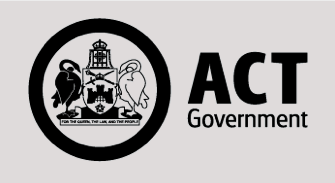
- The necessity to maintain public confidence in such basic institutions as the Parliament and the Courts.
The relevance of these and other factors and the weight, which should be accorded to them, will depend upon the particular circumstances of each case.
2.6 In many cases, of course, the interests of the public will only be served by the deterrent effect of an appropriate prosecution. Mitigating factors may always be put forward by an offender when the court is considering the appropriate sentence to be imposed and it will usually be appropriate that they be taken into account only in that manner. Nevertheless, the Director is invested with significant discretion, and, in appropriate cases, must give serious consideration to whether the public interest requires that the prosecution be pursued.
Plainly the decision to prosecute must not be influenced by:
- The race, colour, ethnic origin, social position, marital status, sexual preference, sex, religion or political associations or beliefs of the alleged offender;
- Any personal feelings concerning the alleged offender or victim;
- Any political advantage or disadvantage to the Government or any political group or association; or
- The possible effect of the decision on the personal or professional circumstances of those responsible for the decision.
This rule does not mean that particular sensitivities or other factors relevant to the alleged offender’s conduct should be ignored merely because they are related to the race, sex or religion concerned. It may be necessary to take into account a wide range of matters such as whether the person was acting in accordance with a perceived moral duty or religious obligation, whether the conduct was induced by provocation felt more acutely due to racial innuendo or whether it may have been attributable to post natal depression or other medical factors related to the sex of the person.
The rule is intended to ensure that people are not discriminated against. It is not intended to exclude due consideration of factors which, as a matter of fairness, should be taken into account in assessing their level of culpability.
Prosecution of Juveniles
2.8 Special considerations may apply to the prosecution of juveniles. In some cases prosecution must be regarded as a severe measure with significant implications for the future development of the child or young person concerned. Whilst each situation must be assessed on its merits, there will frequently be a stronger case for dealing with the situation by some means other than actual prosecution. On the other hand, the seriousness of the alleged offence and the conduct, character and general circumstances of the juvenile concerned may leave no alternative. The public interest will not normally require the prosecution of a juvenile who is a first offender where the alleged offence is not a serious one. Furthermore, whilst it may be appropriate to prosecute a 17 year old for a particular offence it may be singularly inappropriate to prosecute a 10 year old who has committed an offence of a similar kind.
| 70 ¦ | DIRECTOR OF PUBLIC PROSECUTIONS ANNUAL REPORT 2012-2013 | |||
| ← Previous Page | Next Page → | |||

